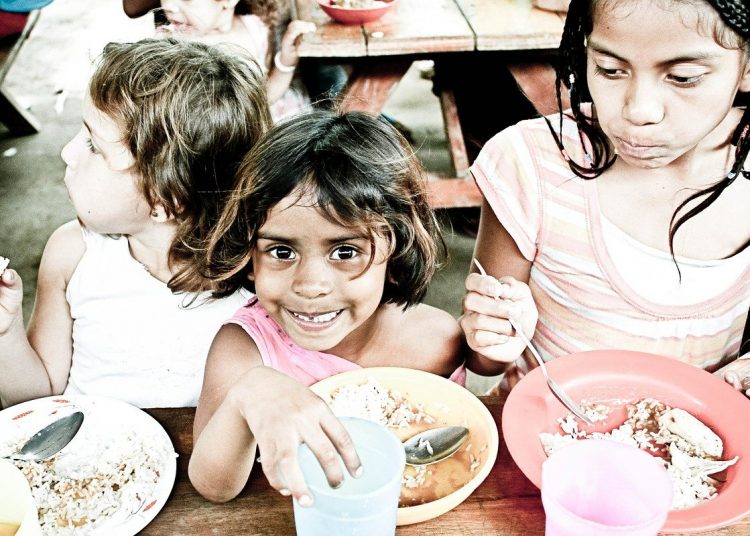Can the choice to bring a child into the world depend on the amount of money one receives in return? Obviously not. Even if the lack of such a sum would prevent it from being raised and nurtured and cared for and sent to school in a dignified manner?
These are not trivial matters for the women who responded to a study reported by The Guardian that was carried out by the British Pregnancy Advisory Service (BPAS). BPAS describes itself as “the UK’s leading abortion care service” and says that it “advocates for women’s reproductive choices.” The BPAS, on its website, promotes not only surgical abortion, but the abortion “pill in the mail” and vasectomy (for men, of course) as well, claiming to provide such high-quality services at affordable prices—all in the name of “women’s health.”
The The Guardian article says otherwise, though. It claims that abortions is often not a matter of choice, but of obligation and inevitability. In fact, the Two child limit policy, the legislation that came into force in 2015 in Britain with the budget cuts implemented that year, stipulates that the tax credit of £2,900 per child is, as of April 6th, 2017, limited to two children in the family. For the third child, or the fourth, or fifth— nothing. This makes it much more difficult for families, and particularly single mothers, to provide for a possible third child without impoverishing the first two, especially in the economic and work situation of serious difficulty caused by the spread of the Covid-19 pandemic: there are now so many “new poor,” so many families at the mercy of unemployment benefits and state subsidies.
The thrust of Polly Toynbee’s article in the Guardian (self-described as the “leading voice liberal of the world”) is all about this: that British women, overwhelmed by the crisis, are constrained despite themselves to “choose” to abort, to “voluntarily” end any third pregnancy, due to such cuts in the welfare system passed in past years by the Conservative Party, specifically by former leader Iain Duncan Smith and former Chancellor of the Exchequer George Osborne. The cuts were made with the intention of cutting costs while simultaneously making “freeloading” citizens understand that the choice to have a child has a cost, and that this cost cannot be borne by the taxpayers.
Even the infamous “one-child policy” of Deng Xiaoping (1904-1997) and the Chinese Communist Party is invoked as a comparison; however, that was something quite different, as “iFamNews” has reported several times.
All of this, however, does not answer the questions that were mentioned in our opening. It begs new questions, in fact. Does the state have a duty to support families and women in need? Obviously, yes, with a view to subsidiarity. Does the state have the right to ask women to sacrifice the life of a child in the name of the prosperity of others? Of course not, under any circumstances.
What continually escapes analysis is the reality of abortion as murder; and despite the desperation of some situations, it is somehow comforting to read on LiveAction an article with profoundly different tones, by Nancy Flanders. In Argentina and in the United States, we have two absolutely different realities (but where nevertheless poverty looks like poverty looks everywhere); but where the narrative is still that women do not claim to need abortion, but that it is above all an exercise of their “right to choose” to bring children into the world.
Still, Abortion supporters in the Ibero-American countries accuse women of irresponsibility if they decide not to terminate a pregnancy within financially precarious living conditions. In the United States, Planned Parenthood, the now infamous abortion mill, places 86% of its locations in low-income urban neighborhoods, where they supposedly think they will reap the most abundant “harvest” for their practices.
What it amounts to is that in three different geopolitical realities—the United Kingdom in crisis because of Covid-19 and perhaps also of Brexit; Argentina in economic ruin under the abortionist president Alberto Fernández; and the United States prey to uncertainty, poised between Donald J. Trump and Joe Biden—the voice of real women does not agree with accepted narratives. Many women really do not want abortion; they want government help and support; they’d rather funding to provide goods and services for a child, instead of money spent on subsidizing their “right” to end the human life already germinating in their womb.
The problem is that women do sometimes feel too poor to give birth. But the majority of women face abortion as a felt necessity, not a “choice”—deep down, women everywhere remain ideally pro-life.




















Discussion about this post